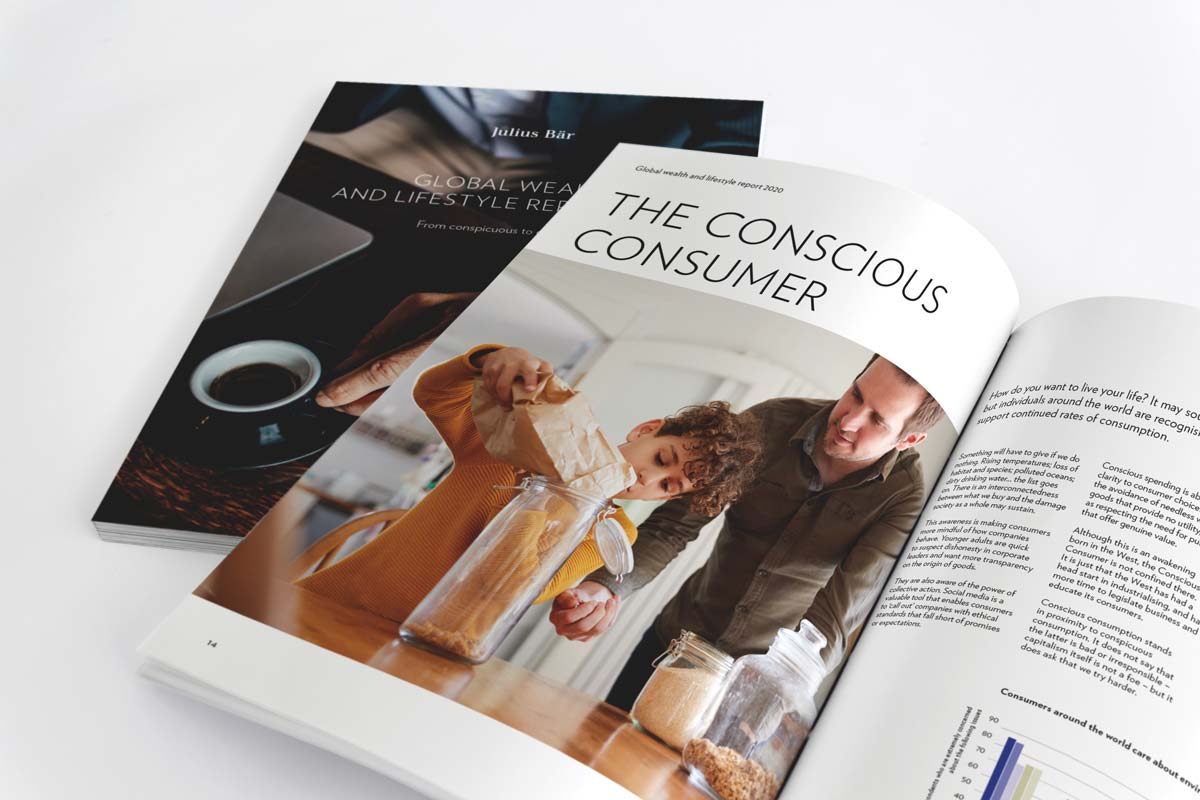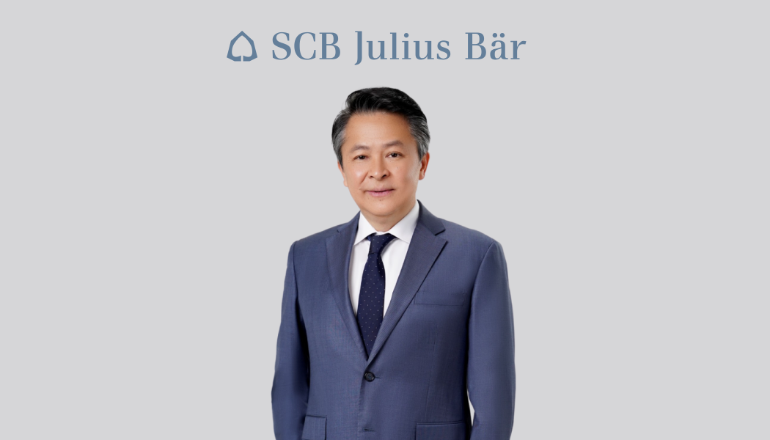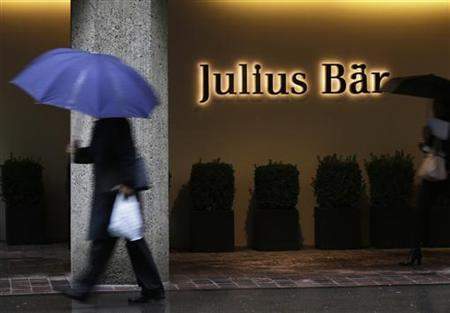
Covid-19 has boosted consumer commitment to buying ethically and sustainably, according to the Global Wealth and Lifestyle Report 2021 from Julius Baer, highlighting conscious consumption.
Attributed to the Covid-19 pandemic, changes in consumption patterns and preferences are accelerating, and conscious consumption has become a central theme across almost every sector.
According to the report, even in the high-end goods and premium services sector, HNWIs are transitioning towards increasingly conscious choices, which may result in fairer prices for producers.
In its second edition, the report analyses a portfolio of consumer goods and services that reflect the HNWI lifestyle in 25 key cities around the world.
Tracking prices and consumer behaviour, the report gauges price inflation of goods and services relevant to the HNWI lifestyle, enabling investors to estimate the portfolio returns needed to advance their purchasing power.
Explaining the rise of conscious consumption, Nicolas de Skowronski, head of wealth management solutions at Julius Baer, said: “More and more, we are seeing our clients trying to make their assets work for future generations – their own descendants, but potentially also for the world at large, be it through foresighted planning, impact investing, sustainable solutions, or philanthropy.”
How well do you really know your competitors?
Access the most comprehensive Company Profiles on the market, powered by GlobalData. Save hours of research. Gain competitive edge.

Thank you!
Your download email will arrive shortly
Not ready to buy yet? Download a free sample
We are confident about the unique quality of our Company Profiles. However, we want you to make the most beneficial decision for your business, so we offer a free sample that you can download by submitting the below form
By GlobalDataKey Findings
De Skowronski believes the report pointed to two clear conclusions: “The first is to invest; inflation and other factors such as exchange rates and local regulations can play a huge role in the purchasing power of your wealth.”
Globally, the price of the portfolio reflecting HNWI lifestyles increased 1.05%. However, de Skowronski reinforced the importance of regional and local nuance: “Knowing your local or even personal inflation rates and secondly adopting the right wealth management and planning strategies are essential to preventing a real-term erosion of wealth over time.”
Price changes across the HNWI portfolio of goods and services have largely benefitted individuals in the Asia-Pacific region, where new items tend to be cheaper.
Despite this, Asia remains the most expensive region due largely to the region’s swift recovery from the pandemic, currency stability, and price resilience for the index items.
Shanghai is now the most expensive city in the index, surpassing Hong Kong which now takes second place. Tokyo is the third most expensive city. However, the report notes that the picture remains mixed, with wealth going the furthest in Mumbai.
Rajesh Manwani, head markets & wealth management solutions APAC of Julius Baer, commented: “Asia continues to be the most expensive region in the world for high- and ultra-high-net-worth individuals – a testament to the continent’s ongoing rise.”
The Americas were found to be the most affordable region to live a luxury lifestyle in 2021 due to diminishing value of US and Canadian dollars against other major global currencies.
Mexico City and Vancouver are amongst the most affordable cities in the index, whilst only New York remains in the top 10. This region is the most expensive place for healthcare, but personal technology remains affordable.
Johannesburg, the only African city represented in the index, emerged as the most well-priced place for luxury in 2021. However, Johannesburg was also one of few cities to experience significant price falls over the past year as the South African rand depreciated significantly.
All other cities in EMEA have risen up the rankings, bolstered by the strength of the euro and the Swiss franc, except London, due to Brexit uncertainty.







